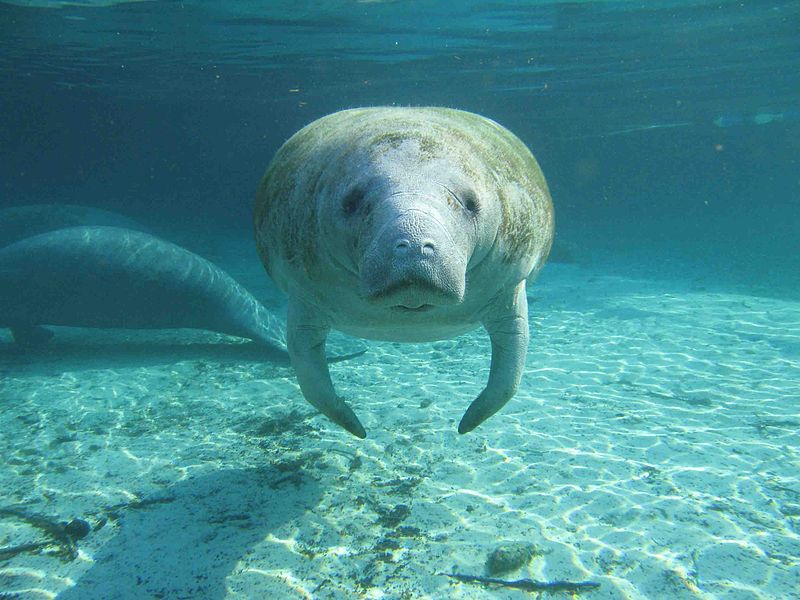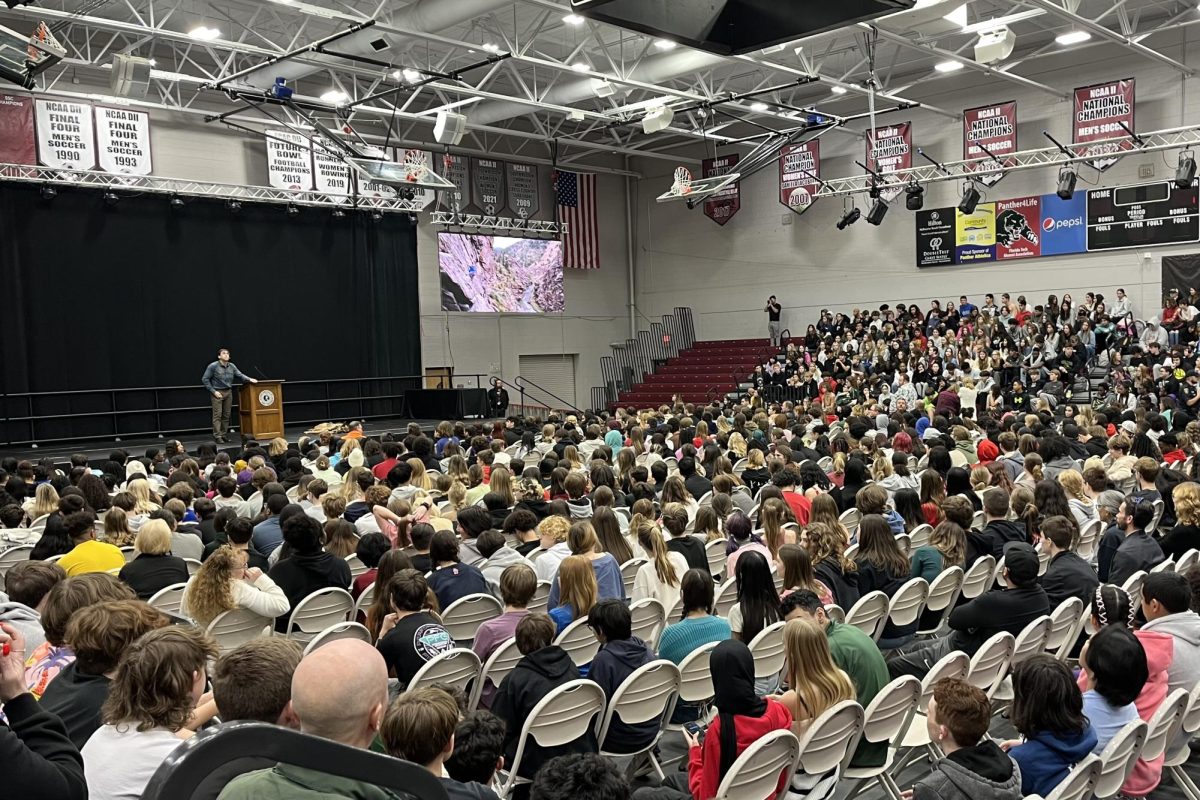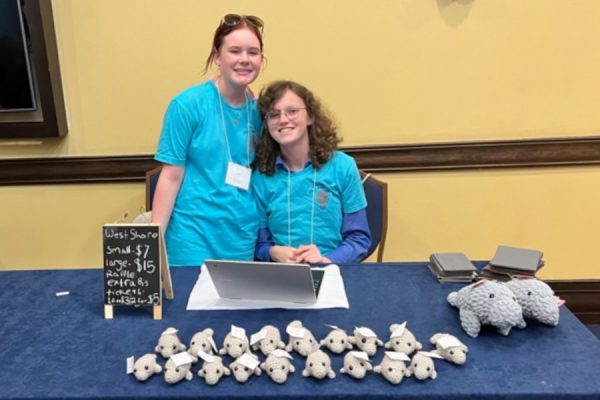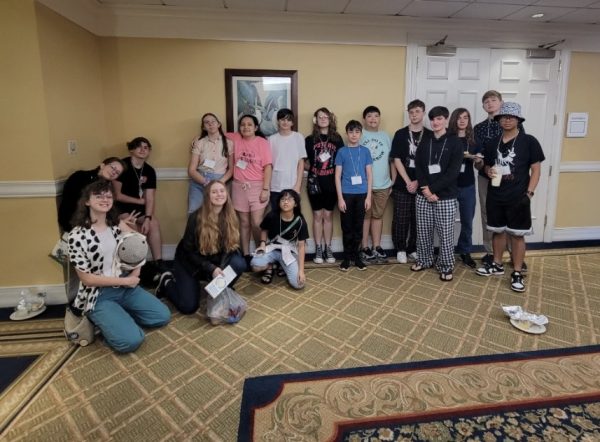Warming Waters Threaten Manatee Protection Programs
May 25, 2022
As the starvation of manatees across Florida start to be acknowledged due to the loss of seagrass and plans are made to help these manatees, conservation centers like the Florida Fish and Wildlife Conservation Commission are starting to put their plans into action. The FWC have been consistent with their plan, but rising temperatures start to bring obstacles.
“With warmer water temperatures most of the manatees have naturally dispersed from their warm-water refuges,” FWC Communications Team Lisa Thompson said. “The number of manatees visiting the site continues to decrease since the waters have warmed up.”
Keeping these marine mammals safe and in contact with the FWC is important as they benefit the environment, according to Thompson.
“Florida manatees are considered one of the state’s keystone species,” she said. “Their behavior can alert researchers to the environmental and habitat changes that may otherwise go unnoticed in Florida’s waterways for extended periods of time.”
The FWC continues to help the Florida manatees as they take the environmental situation seriously.
“Even though we are seeing a decline, agency staff, volunteers and our many partners within the Manatee Rescue & Rehabilitation Partnership will continue to work tirelessly to rescue and care for manatees needing help,” FWC Public Information Officer Charles Underwood said. “As of this week, there are 87 manatees in rehabilitation.”
Though the warming waters have a negative impact on the race to help save manatees, there is good to it.
“As water temperatures warm, manatees naturally disperse from their winter habitats, traveling to other areas of the state and beyond,” Underwood said. “This dispersal should lead manatees to better habitats.”
By Brooke Bergman



![The Melbourne Fire Department recognized coach and custodian Derrick Hamilton on April 16 with the Lifesaving Citizen Award during lunch. I would just react for anyone, Hamilton said. My love for children -- thats what it comes down to. [I am] where I am supposed to be.](https://westshoreroar.com/wp-content/uploads/2024/04/DSC_0639-1-e1713376507113-1200x805.jpg)








